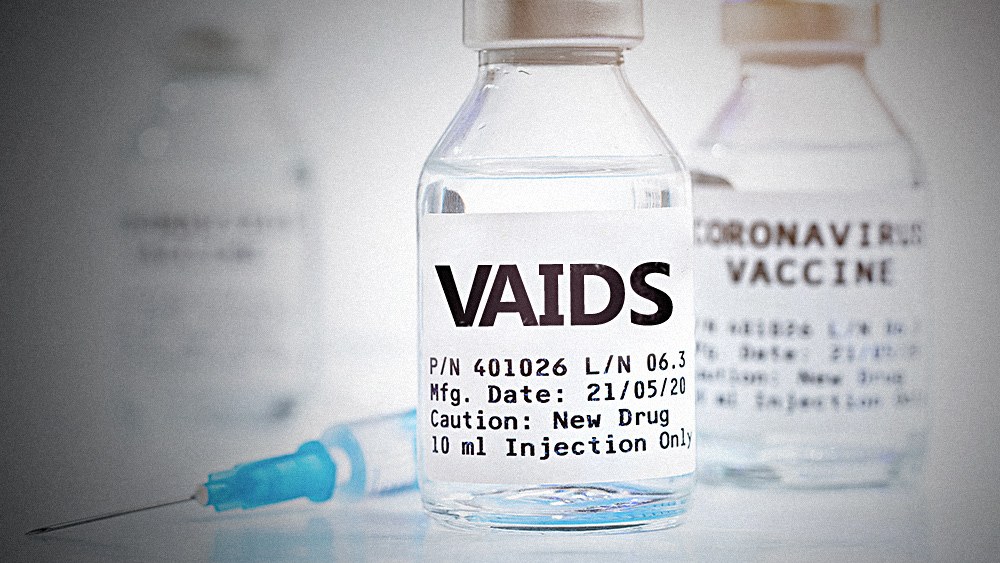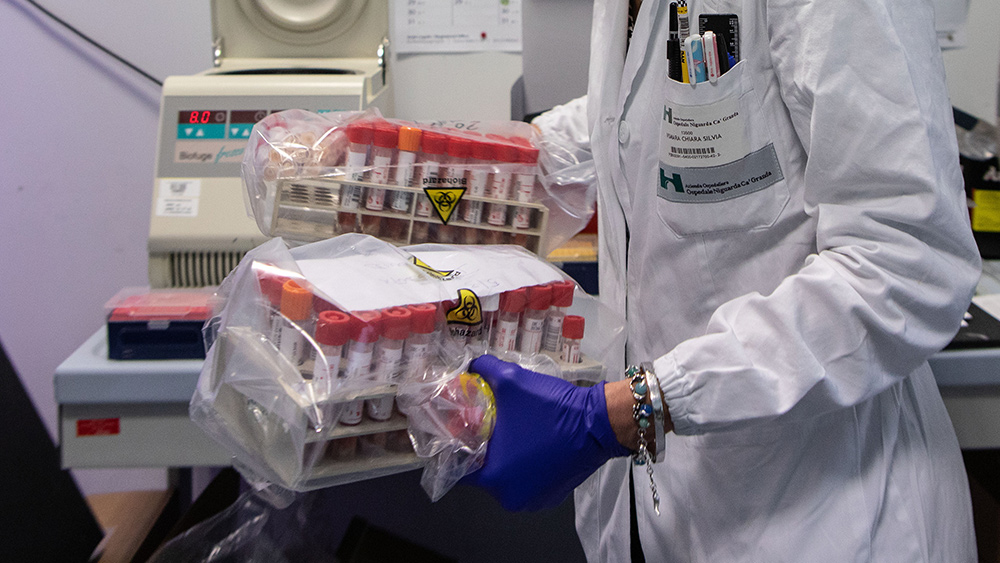DEPOPULATION: American women are giving birth at record-low rates as fertility falls to 1.62 births per woman in 2023
04/29/2024 / By Ava Grace

The United States’ fertility rate fell to 1.62 births per woman in 2023, a two percent decline from a year earlier, according to federal data. This is the lowest fertility rate ever recorded since the government began tracking it in the 1930s.
The decline reflects a continuing trend as American women navigate economic and social challenges that have prompted many to delay or outright forgo having children. Those who do get pregnant have fewer children and later in life.
At the same time, young people are also more uncertain about their futures and spending more of their income on rent or home ownership, student debt and other essentials. Women in their 20s who are currently delaying having children might have fewer than they would have otherwise wanted to have for reasons economic reasons rather than declining fertility. (Related: Hospitals across the U.S. closing down MATERNITY WARDS due to staff shortages, low birth rates.)
“People are making rather reasoned decisions about whether or not to have a child at all,” said Karen Benjamin Guzzo, director of the Carolina Population Center at the University of North Carolina at Chapel Hill. “More often than not, I think what they’re deciding is ‘Yes, I’d like to have children, but not yet.’”
Number of births in 2023 lowest in the U.S. since 1979
The number of births last year was the lowest since 1979, according to provisional data. About 3.59 million children were born in the U.S. in 2023, a two percent drop compared with 3.66 million in 2022. The figures are provisional and likely to adjust slightly when final data are released later this year.
The total fertility rate peaked during the baby boom after World War II, with a rate of more than three births per woman before falling through the 1960s and 1970s. More recently, the total fertility rate has declined steadily since hitting 2.12 births per woman in 2007, before the financial crisis.
The rate in the U.S. has remained generally under or around 2.1 children per woman, or what is known as the “replacement rate,” since the 1970s. A rate of 1.62 in 2023 marks a new low and a sign of years of decline.
Births in 2023 were lower than any year since 1979, the data show. U.S. births edged up slightly during and after the Wuhan coronavirus (COVID-19) pandemic.
Birthrates declined more for younger women between 2022 and 2023, according to the provisional data, while the rates for women in their 40s were unchanged.
Women in their mid- to late-30s are having children at similar rates to those in their early- to mid-20s. Birthrates for women 35 to 39 fell to 54.7 births per 1,000 women – closer to the rates for women ages 20 to 24, which dropped four percent to 55.4 births per 1,000 women in 2023.
Some women in their 20s might postpone having children. Despite fertility treatments like in vitro fertilization, egg freezing and artificial insemination, trying to have children later in life can carry lower odds of success and health risks.
While birthrates for teenagers aged 15 to 19 continue to decline, they fell just three percent last year – a lower rate than the average seven percent annual decline researchers recorded between 2007 and 2022.
Learn more about declining populations across the world at PopulationCollapse.com.
Watch this episode of “Light Listening” discussing the reasons behind the sharp decline in U.S. births.
This video is from The Lightbulb Initiative channel on Brighteon.com.
More related stories:
Report: 89,000 babies have been SAVED FROM ABORTION since overturning of Roe v. Wade.
Over HALF of America’s 24,295 cities could experience MAJOR DEPOPULATION by 2100.
Census Bureau: U.S. population projected to begin declining by 2100.
Sources include:
Submit a correction >>
Tagged Under:
big government, birth rates, births, chaos, Collapse, degrowth, demographics, depopulation, Fertility, fertility rate, national security, panic, population collapse, women's health
This article may contain statements that reflect the opinion of the author



















